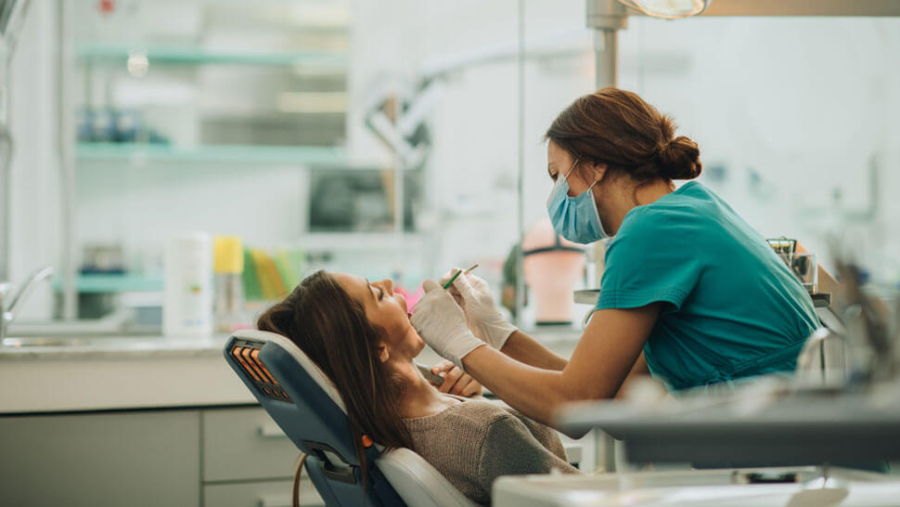

On 25 March 2020, the NHS issued an update and guidance for dental practices on the Covid-19 pandemic. It explains how they are managing the crisis with service providers.
It addresses the major concerns many NHS contract holders have, not least around the funding, because it is reliable source of income for many practices. It also addresses the concerns of potential buyers of NHS practices who are currently re-thinking their acquisition strategy.
I’ll recap the key points here. For full details, you can read the ‘Preparedness Letter – Issue 3’ here.
Changes to primary dental care services during the Covid-19 pandemic
The guidance for general dental practices and community dental services says:
- All routine and non urgent dental care included orthodontics work should cease immediately and instead be deferred
- All practices should establish a remote urgent care service providing triage for their patients with urgent cases during usual working hours.
As with most services affected by Covid-19, this position will no doubt be reviewed and updated.
NHS contracts and funding measures – and what they mean for dental practices
We know many practice owners have been concerned about contract delivery for the 2019/20 contract year.
The NHS has clarified the measures it will be implementing to deal with this. They are:
- End of year contract delivery will be calculated from March 2019 to February 2020;
- If contracts are delivering 96% over this period, normal reconciliation will apply with ability to carry forward activity in to 2020;
- Where NHS contracts are underperforming during this new period then the normal clawback procedures will apply.
This will be a relief if you are an NHS contract holder, providing contract performance was on target at the end of February 2020.
If you are in the middle of selling your practice, this should also give your buyer a degree of certainty about how underperformance will be calculated for the 2019/20 contract year and that there will be no strict sanctions for underperformance pro-rata.
If there is still underperformance despite re-calculating the underperformance in line with the revised 2019-20 contract year, a buyer may want to consider holding back retentions as part of their purchase.
The future of NHS dental services
The NHS has advised broad plans for long term service delivery:
Key areas for review and consideration are:
- Cash flow stability
- Protecting availability of staff
- Enabling staff time that is no longer required for routine dental activity to be diverted to support service areas with additional activity pressures due to Covid-19; this can be traded off for end of year clawback repayment for the contract year 2020-21
- Reasonably re-compensating practices for costs incurred
- Continuing monthly payments under the GDS contract
- Working with BDA to determine reconciliation for 2020-21.
Other key points for dental practices and the Covid-19 pandemic
The letter also guidance also provides useful information on the impact on the workforce, developing local and urgent dental care systems and PPE. You can read the full guidance here.
They key takeaways for NHS contract holders about the NHS update
The good news is that the NHS are taking a commercial view on 2019-20 contract delivery. They will continue to make monthly payments (albeit with a deduction to reflect reduced overheads) in accordance with the NHS contract into the 2020-21 contract year. This should allow practices to continue to make commercial decisions over the next couple of months even while the Covid-19 outbreak unfolds.
However, there is still a lot of uncertainty. No doubt the NHS, like most public services and private businesses, will be updating their guidance and advice to reflect future developments.










